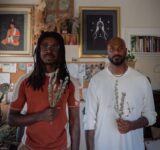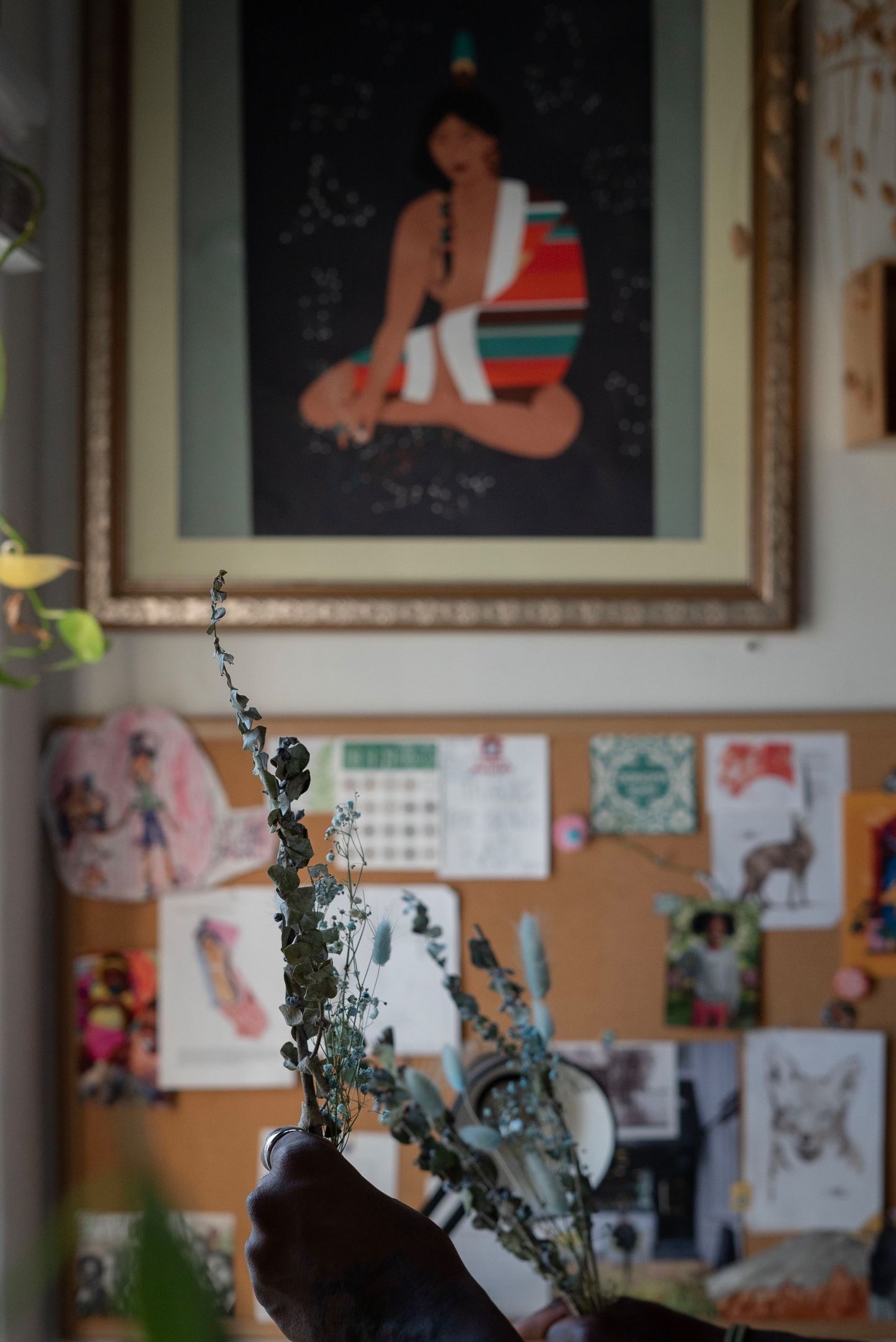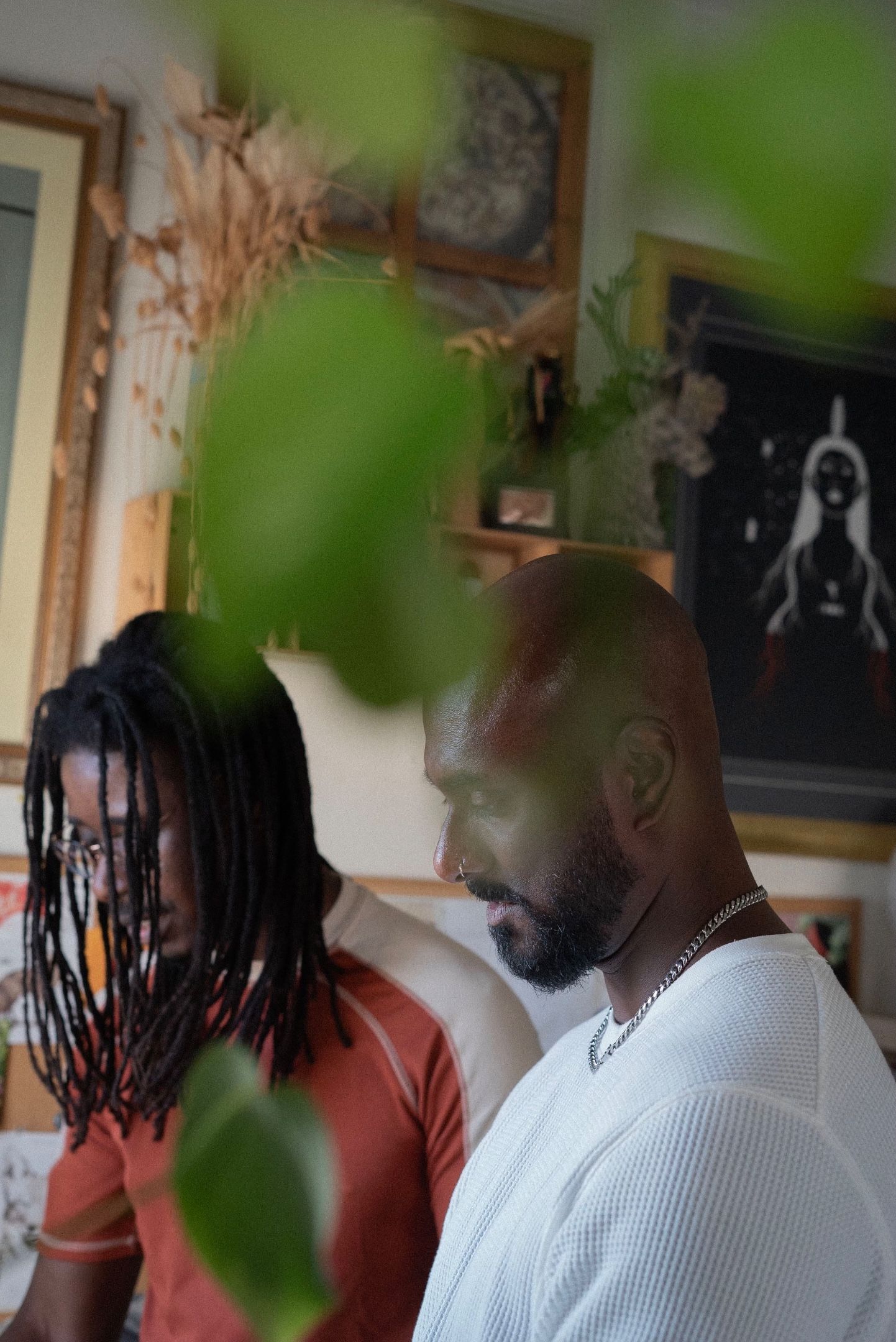
Why Gardening Could Sow The Seeds of A Softer Masculinity
ONE SCORCHING MEMORY from my teenage years was of my father, every Sunday morning, donning his raggedy gardening gloves, overalls, and a bodega-bought bucket hat – chugging down a cup of strong black coffee and spending the entire day tending to his roses, flannel flowers, and carefully manicured garden beds.
From morning to night, he would be in the garden, with the distinct sound of crickets in the background, and the occasional crack of a new beer. There he was, in his mid 40s, the most alpha male I have ever known, tending to his flowers.
It never dawned on me that this was strange. After all, society has largely painted gardening and the caring of plants as something you take up in your 50s and 60s – unless, of course, you’re female. My dad was my dad, often full of anger and rage. But on Sundays, and for the better part of the first few days of each week, he was calm –happy even.
A meta-analysis published in Preventive Medicine Reports (2016) reviewed various studies on horticultural activities and mental health. The analysis found gardening is associated with reductions in symptoms of depression and anxiety, as well as increases in life satisfaction, quality of life and sense of community.
It makes sense for a hothead like my old man. Activities that involve repetitive tasks like planting or weeding are said to activate the parasympathetic nervous system. This system is responsible for the body’s “rest and digest” functions, which counteract the “fight or flight” response associated with stress and anxiety.
I can’t say that I was inspired to ever take up gardening – the Australian sun is too hot, and I was too lazy back then. But the older I got, the more the seed my father planted (pun intended) began to grow more, especially as I moved to LA, a place rich in nature and beauty. Then one day I crossed paths with Nelson ZêPequéno, the Ghanaian-born artist, creative director, and designer.
In a world where masculinity is often equated with power, achievement, and a certain hardness, Nelson ZêPequéno has taken a different path. The founder of Black Men Who Garden shares a journey that started as a practical endeavour and evolved into a transformative experience that redefined his understanding of what it means to be a man.
Nelson’s introduction to gardening was somewhat unconventional – he wanted to save money on weed and began by growing his own cannabis, which, ironically, sparked an interest in horticulture and cultivation. But as he delved deeper into the world of plants, he found something far more profound – a connection to life and a new way to view his own masculinity.


“I realised oh, actually, no, my manhood isn’t based around the pursuit of power and aggression. It can actually be based around softness,” Nelson reflects. This shift in perspective was not just about gardening; it was about rejecting the narrow definitions of masculinity that society had imposed on him and many other men, particularly men of colour.
Nelson recalls a pivotal moment in his journey – a realisation of what he calls “plant blindness”, the inability to even visualise or draw plant life. This level of disconnect from nature was a wake-up call, pushing him to seek a deeper connection.
As he began to buy flowers and small houseplants, he noticed his desire to nurture and observe their growth. He found a degree of patience and healing. “Life wasn’t all this other stuff that I was pursuing that just left me empty, broken, alone, and struggling. And I’m like looking at it – literally just like a leaf coming out of the soil. And this reminded me, like, This is what life is.”
This newfound connection to nature and to himself led Nelson to create Black Men With Gardens, a platform designed to provide representation and community for other Black men interested in gardening. Through group activities like hikes and workshops, the platform fosters a sense of belonging and offers a space for men to explore this traditionally age-defined, feminine-coded activity without judgment.


Manoj and Nelson ZêPequéno I Andrew Gura
For Nelson, gardening is not just about plants; it’s about challenging and redefining the cultural frameworks that limit men’s emotional and sensory experiences. It was also a stark reminder to me to reconnect with nature in a way that my father did before me and many of our ancestors did before us. With the continuing rise of technology, increasing rates of mental health decline, and a lack of connection, perhaps a return to nature is what’s needed. At least it has been for me.
Since meeting Nelson, I’ve spent more time sitting under trees, playing around with flower arrangements, and basically, turning into my father. But also, I’ve gradually – because growing is an inherently slow process – become a version of myself that has slowed down, remembered to put down my phone and felt a sense of grounding in challenging times.
Nelson’s journey is a powerful reminder that masculinity can be found in places of softness, care, and connection – not always in the pursuit of achievement or societal approval. Gardening, for him, and me – and perhaps for you too, can become a tool for personal growth, healing, and redefinition.
Related:



